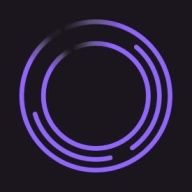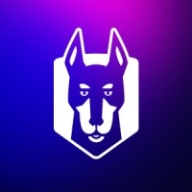

Find out in this report how the two Application Security Posture Management (ASPM) solutions compare in terms of features, pricing, service and support, easy of deployment, and ROI.


Legit Security provides application security posture management platform that secures application delivery from code to cloud and protects an organization's software supply chain from attack. The platform’s unified application security control plane and automated SDLC discovery and analysis capabilities provide visibility and security control over rapidly changing environments and allow security issues to be prioritized based on context and business criticality to improve security team efficiency and effectiveness.
Snyk is a user-friendly security solution that enables users to safely develop and use open source code. Users can create automatic scans that allow them to keep a close eye on their code and prevent bad actors from exploiting vulnerabilities. This enables users to find and remove vulnerabilities soon after they appear.
Benefits of Snyk
Some of the benefits of using Snyk include:
Reviews from Real Users
Snyk is a security platform for developers that stands out among its competitors for a number of reasons. Two major ones are its ability to integrate with other security solutions and important insights that it can enable users to discover. Snyk enables users to combine its already existing security features with those of other solutions to create far more robust and flexible layers of security than what it can supply on its own. It gives users the ability to dig into the security issues that they may experience. Users are given a clear view of the root causes of these problems. This equips them to address the problem and prevent similar issues in the future.
Cameron G., a security software engineer at a tech company, writes, “The most valuable features are their GitLab and JIRA integrations.The GitLab integration lets us pull projects in pretty easily, so that it's pretty minimal for developers to get it set up. Using the JIRA integration, it's also pretty easy to get the information that is generated, as a result of that GitLab integration, back to our teams in a non-intrusive way and in a workflow that we are already using. Snyk is something of a bridge that we use; we get our projects into it and then get the information out of it. Those two integrations are crucial for us to be able to do that pretty simply.”
Sean M., the chief information security officer of a technology vendor, writes, "From the software composition analysis perspective, it first makes sure that we understand what is happening from a third-party perspective for the particular product that we use. This is very difficult when you are building software and incorporating dependencies from other libraries, because those dependencies have dependencies and that chain of dependencies can go pretty deep. There could be a vulnerability in something that is seven layers deep, and it would be very difficult to understand that is even affecting us. Therefore, Snyk provides fantastic visibility to know, "Yes, we have a problem. Here is where it ultimately comes from." It may not be with what we're incorporating, but something much deeper than that."
We monitor all Application Security Posture Management (ASPM) reviews to prevent fraudulent reviews and keep review quality high. We do not post reviews by company employees or direct competitors. We validate each review for authenticity via cross-reference with LinkedIn, and personal follow-up with the reviewer when necessary.